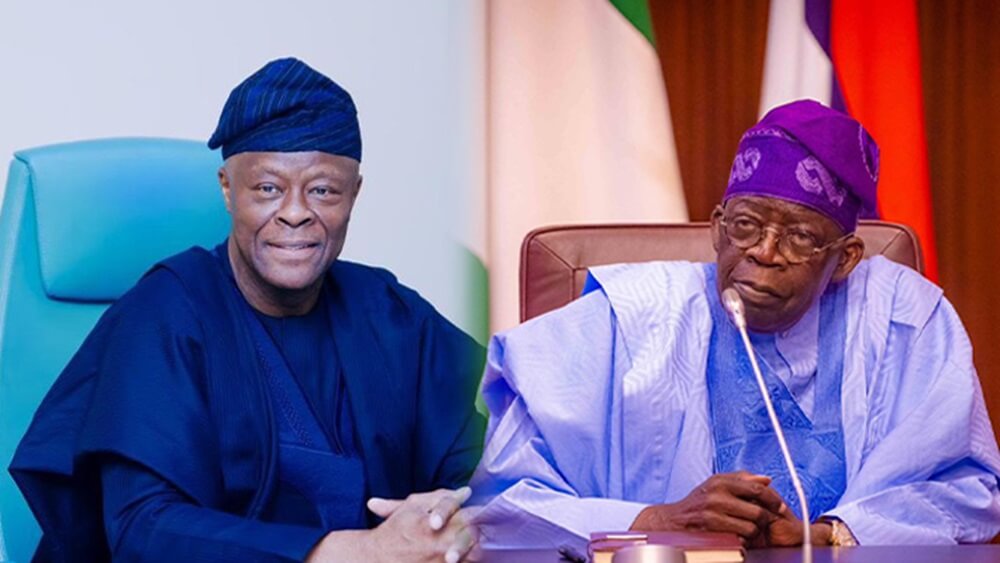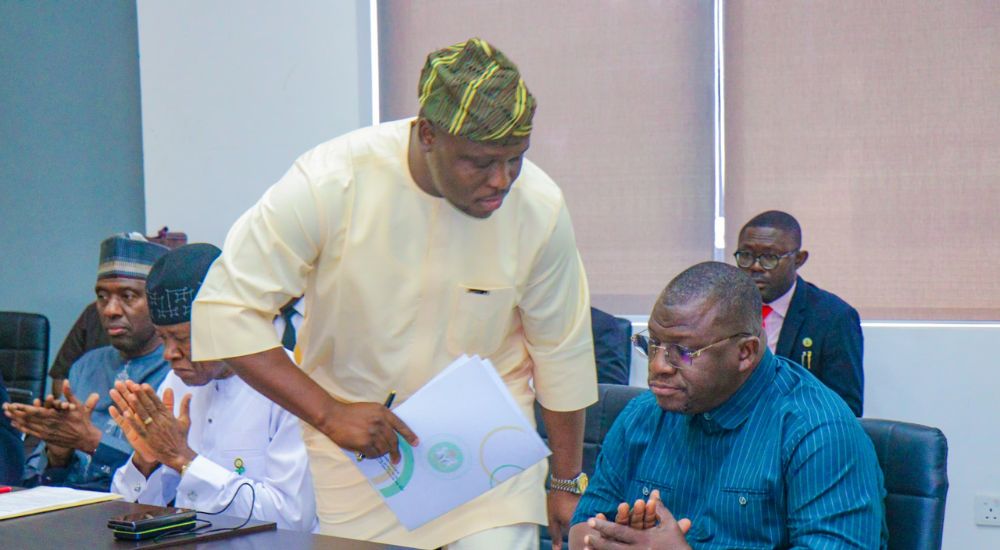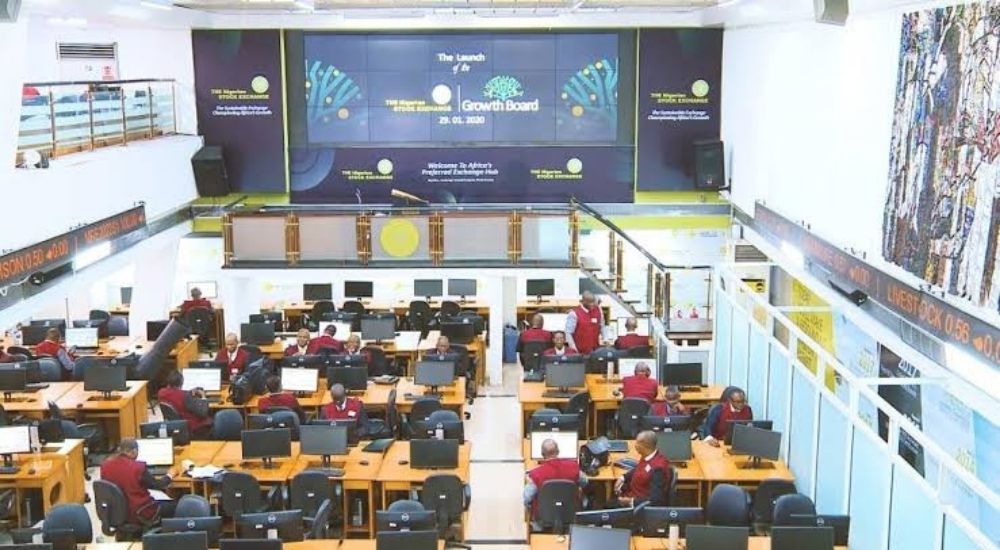Kaduna Senator Reaffirms Nigeria’s Commitment To Inclusive Education

Chairman of the Senate Committee on Basic and Secondary Education, Senator Lawal Adamu Usman, has reaffirmed Nigeria’s commitment to delivering equitable, inclusive, and quality education, especially for marginalised groups such as the girl-child and children in conflict-affected areas.
Speaking at the high-level Education World Forum in London, United Kingdom, themed “Global Priorities, Local Realities: Delivering Equity in Education”, the senator representing Kaduna Central said Nigeria is taking bold steps to address barriers to education while aligning with the global push to achieve Sustainable Development Goal 4 (SDG4).
“This forum is more than an annual tradition. It is a global checkpoint,” Usman stated.
“While the barriers to education may span continents, the solutions must be rooted in our local contexts, cultures, and communities.”
Drawing from his own humble beginnings in Kaduna, Usman stressed the urgency of tackling educational inequalities in developing countries.
He referenced UNESCO data showing that only 17 per cent of SDG targets are currently on track, with over 250 million children and youth out of school worldwide. In Nigeria alone, he noted, over 7.6 million children are out of school—more than half of them girls.
He described the girl-child education crisis as “not just a human rights issue but an economic emergency”, warning that failure to invest in education could result in trillions of dollars in lost lifetime earnings by 2030.
Quoting UNESCO, he said, “Every dollar invested in education yields nearly $20 in economic returns.”
Highlighting legislative efforts, Senator Usman revealed that the Nigerian Senate has progressed the Basic Education Amendment Bill to its third reading.
The bill seeks to reinforce compulsory education, modernise the national curriculum, improve teacher quality, and institutionalise gender equality across learning environments.
He further disclosed that amendments to the Universal Basic Education Act would strengthen accountability mechanisms and significantly reduce dropout rates and absenteeism.
Complementing these reforms, Usman said the Nigerian government—through collaboration with the World Bank—is scaling up the Adolescent Girls Initiative for Learning and Empowerment (AGILE) across all 36 states. The programme provides scholarships, life skills, and safer learning environments for teenage girls.
To bridge digital and geographic divides, Senator Usman shared that Nigeria is deploying solar-powered digital learning hubs in rural areas and embracing alternative tools such as radio education, mobile learning apps, and pre-loaded tablets for underserved communities.
Emphasising collaboration, he invited global investors to partner with Nigeria, saying, “Private institutions are welcome to complement our public education system. This will foster healthy competition and raise standards.”
He outlined five core priorities shaping Nigeria’s education policy: Investment in teacher recruitment, training, and retention. Expansion of safe and accessible school infrastructure.
Leveraging digital tools to close learning gaps. Increasing domestic education financing and global partnerships. Protecting vulnerable children, particularly those displaced by conflict or living with disabilities.
Senator Usman concluded his speech with a touching story of twin sisters, Hassana and Hussaina, students of Kaduna State University, who nearly dropped out after losing their father to kidnappers. Through his personal education foundation, he provided full tuition support, giving them a renewed chance at their dreams.
“Their story is the story of tens of thousands of Nigerian children,” he said. “Under the President’s Renewed Hope Agenda, we are expanding access—not just through infrastructure, but through technology, teacher recruitment, and security.”
He ended with a strong reaffirmation: “Nigeria is ready to lead and to learn. We are building an education system that leaves no child behind and ensures a future worth fighting for.”
Kaduna Senator Reaffirms Nigeria’s Commitment To Inclusive Education is first published on The Whistler Newspaper





